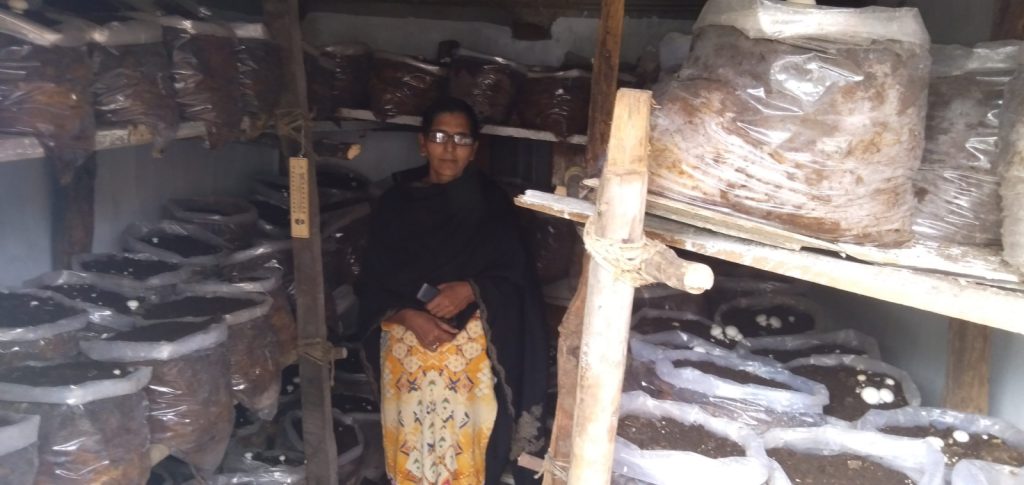Ranbir-Singh Pora is a frontier hamlet in the Indian state of Jammu and Kashmir, often called “the most dangerous place on earth” because it has been the center of conflict between India and Pakistan.
Shootings, bombings, and shelling are often experienced by people living in the village of Ranbir-Singh Pora. Farmers in the area bear the brunt of the conflict. Their fields are often bombed.
India estimates that about 17,742 hectares of land with standing paddy crops have been affected by shelling and firing by Pakistani Rangers in the last five years.
Surjit Kumari, a 48-year-old woman farmer, recalled an incident in 2016 when the entire hamlet was bombed.
“Most of our fields turned barren. We couldn’t grow anything on our land for years. The soil was giving off the smell of a powder keg. We were really helpless and perturbed,” she said.
Most farmers in the village share the same experience.
Mangal Ram said he had grown rice on his three-acre land when the bombings in 2016 occurred. It was the harvest season and Ram lost everything.
Sensing the severity of the situation, the social service wing of the Catholic diocese of Jammu-Srinagar initiated a program for women farmers in the village.
The program launched livelihood projects to assist individuals, particularly women and underprivileged groups, to live dignified lives.
The projects involved capacity building in agriculture, such as providing seeds, soil and water management, crop management, plant protection, vegetable and fruit production, among others.
Special emphasis has been focused on business initiatives, which were funded by donations from both the government and private sectors, initiated by women.
Madhulika Sharma, a church worker who spearheads the program, said the initiative was aimed at making women in the border town “self-reliant.”
“When we started the project in border areas, we observed that women … were limited to household work and seldom participate in other activities,” said Sharma.
She said that drom an economic perspective, “they are mostly dependent on other family members.”
“In some cases, although women are the sole earners of their families, they are never considered the decision-makers,” Sharma said.
With the intervention of the program, women in the villages gained “a sense of financial independence” and developed entrepreneurship qualities by having their own source of income.”
As months passed, and after undergoing skills training seminars, the women became more confident to start their own micro-enterprises.

Story of hope
Surjit Kumari, one of the women farmers in the village, lost her crops during the shelling in 2016. The family was reluctant to invest in farming again and relied on odd jobs to survive.
One day, Kumari learned of a Church-run program on mushroom farming or fungiculture.
“I was informed that the mushroom crop is not seasonal and does not require open areas,” she said, adding that she could make money from it because of the demand in the market.
A team from Jammu’s Agriculture University provided the training, the seeds and fertilizer, among others.
Kumari said the next step was to set aside a little space for mushroom cultivation.

She was able to make more than 170 packets over the course of two and a half months and earned Rs24,000.
“I grew to be so knowledgeable about the crop that I bought the seeds myself and am now familiar with every aspect of the business,” she proudly said.
Her income became stable even during the pandemic.
“While the villagers lamented their misfortune as a result of the lockdown, I was confident in my ability to make a living from the mushrooms,” she said.
She now produces pickles, which are in high demand in the market, even receiving orders from wholesalers.
Today, Kumari mentors other women in the village.
“I impart the necessary knowledge and motivate them to put in significant effort so that they can gain the respect of their families and husbands,” she told LiCAS News.
Sharma, the Church worker, said when Kumari signed up for the program, “there wasn’t much enthusiasm in her town.”
“For the ladies of her village, she now represents optimism. She is directing them, she serves as a mentor, and now teaches them how to grow mushrooms,” said Sharma.
“It’s all really, really encouraging.”






